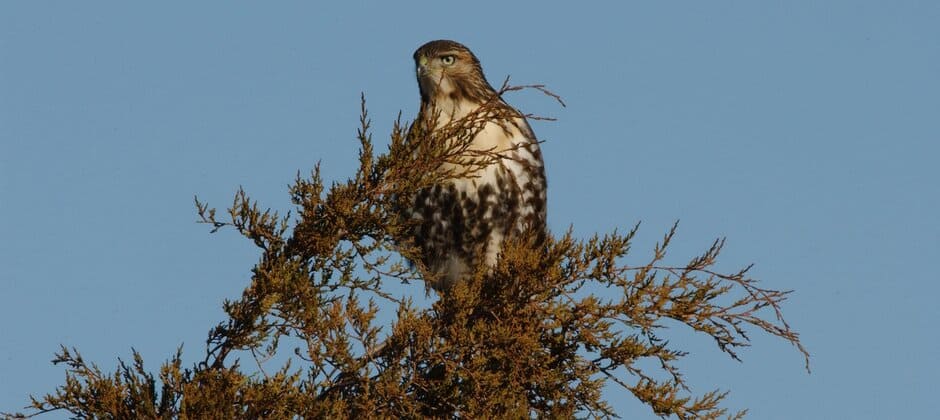Share this article
What is the Qualified Airport Wildlife Biologist designation?
The Wildlife Society announced last month that Qualified Airport Wildlife Biologist will be added to its certification program. Bird Strike Committee USA (BSC-USA) and The Wildlife Society are working together to develop this designation that will expand TWS’ Wildlife Biologist Certification Program’s current opportunities.
As part of this update to TWS’ certification program, members will have the opportunity to add the Qualified Airport Wildlife Biologist designation to their credentials as a Certified Wildlife Biologist®. More details on this process will be made available in the coming months.
Previously, the recognition of Qualified Airport Wildlife Biologists was managed through Bird Strike Committee USA and maintained by Embry-Riddle Aeronautical University. Individuals currently listed as Qualified Airport Wildlife Biologists completed applications to demonstrate the qualifications laid out in U.S. Federal Aviation Administration (FAA) Advisory Circular 150/5200-36B regarding educational, training and approved FAA wildlife assessment. A core prerequisite of becoming a Qualified Airport Wildlife Biologist, as identified in the Advisory Circular, is being “designated as a Certified Wildlife Biologist by The Wildlife Society,” making this designation a natural fit for the TWS Certification program.
To obtain the Qualified Airport Wildlife Biologist designation through The Wildlife Society Certification Program, applicants will need to meet the following requirements:
- Be approved by TWS as a Certified Wildlife Biologist®
- Take and pass an airport wildlife hazard management training course acceptable to the FAA Administrator
- Provide documentation of either:
- Having conducted at least one Wildlife Hazard Assessment acceptable to the FAA Administrator
- Having conducted at least one year of continual wildlife hazard monitoring at a certificated airport using FAA-approved methodology
To maintain this designation, applicants will need to complete at least one of the following within five years of initial FAA approved airport wildlife hazard management training course, and every five years thereafter:
- Airport wildlife hazard management training course that is acceptable to the FAA Administrator
- Attendance, as a registered participant, at a joint Bird Strike Committee-USA/Bird Strike Committee-Canada annual meeting
- Other training acceptable to the FAA Administrator
Previously approved Qualified Airport Wildlife Biologists will be able to maintain their status and be grandfathered into the new program.
“BSC is excited to be partnering with TWS,” said Chris Pollock, BSC USA Operations/Policies Subcommittee Chair. “We see benefits for members of both organizations, and are excited to see further opportunities between TWS and BSC members. This partnership is yet another step towards raising the bar for wildlife professionals everywhere while we strive for greater human-wildlife coexistence.”
For questions about certification or to inquire about your current certification status please contact certification@wildlife.org.
Learn more about TWS’ Professional Development and Certification Programs.
Header Image: Removing perches and prey can lessen the attraction to airports for red-tailed hawks (Buteo sparverius), which seek high perches overlooking open space. Credit: USDA APHIS Wildlife Services








